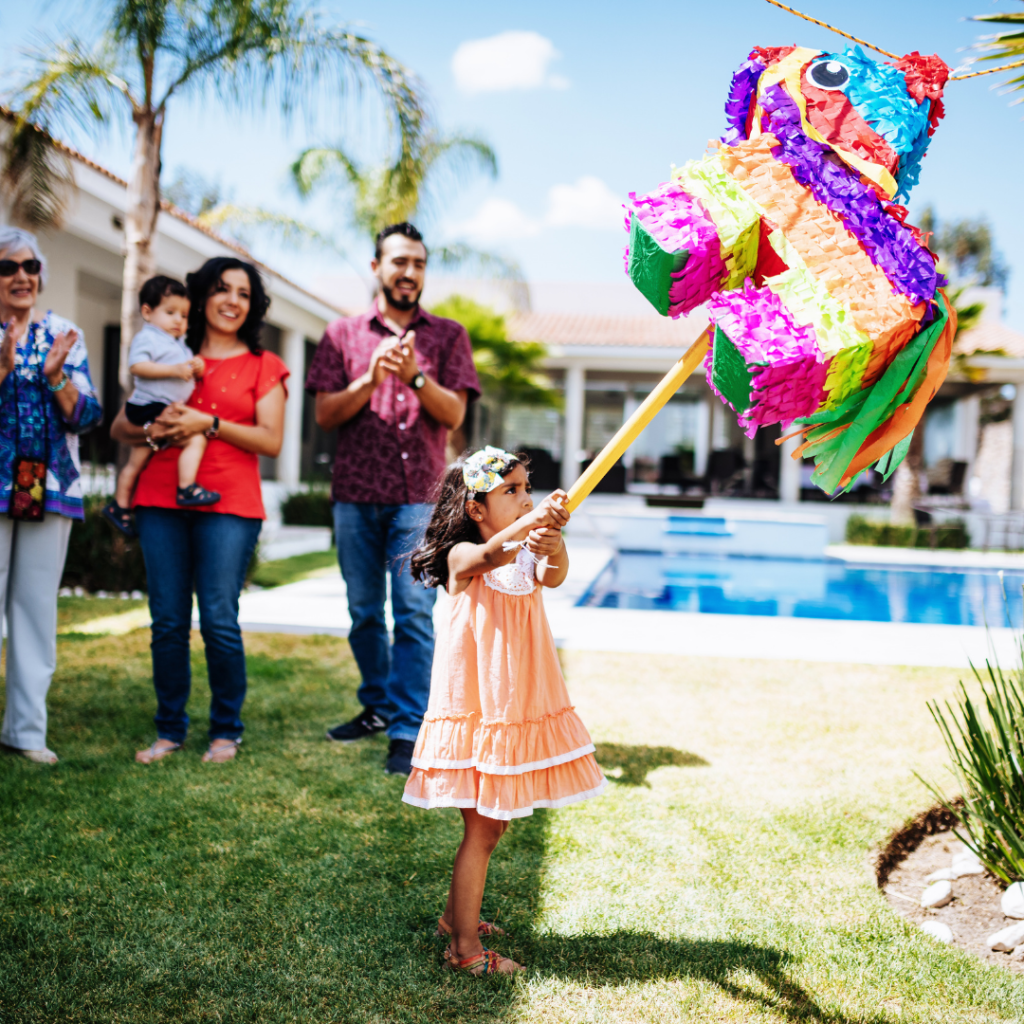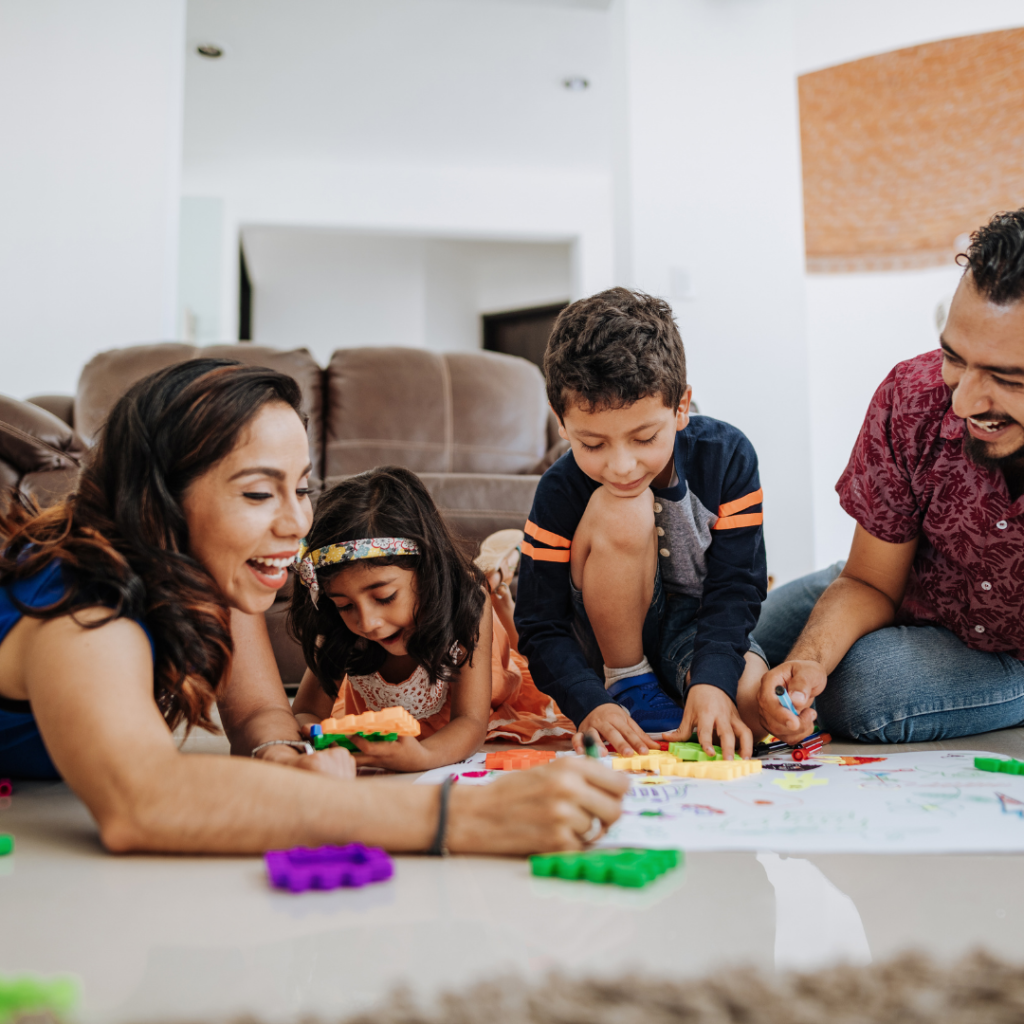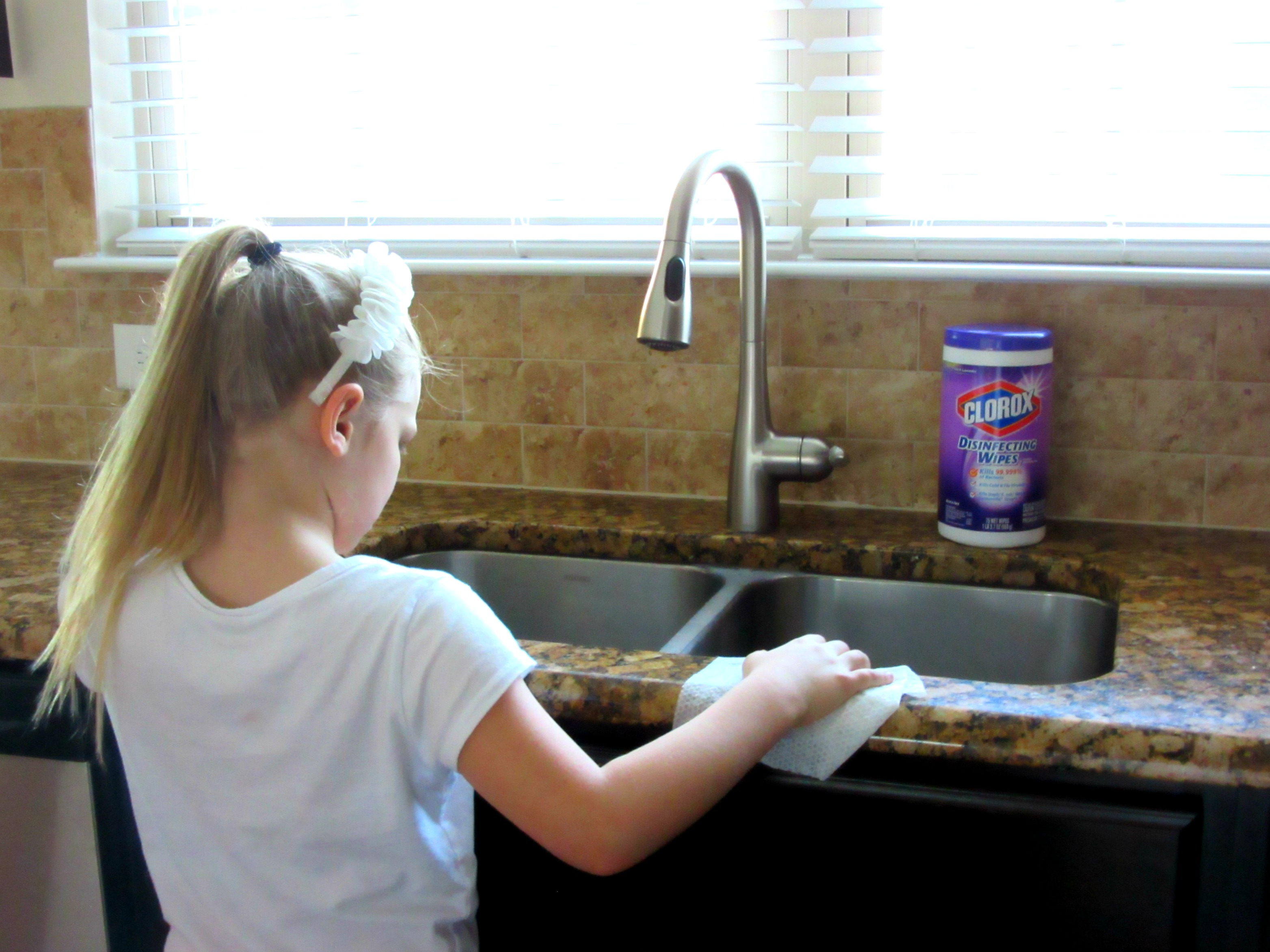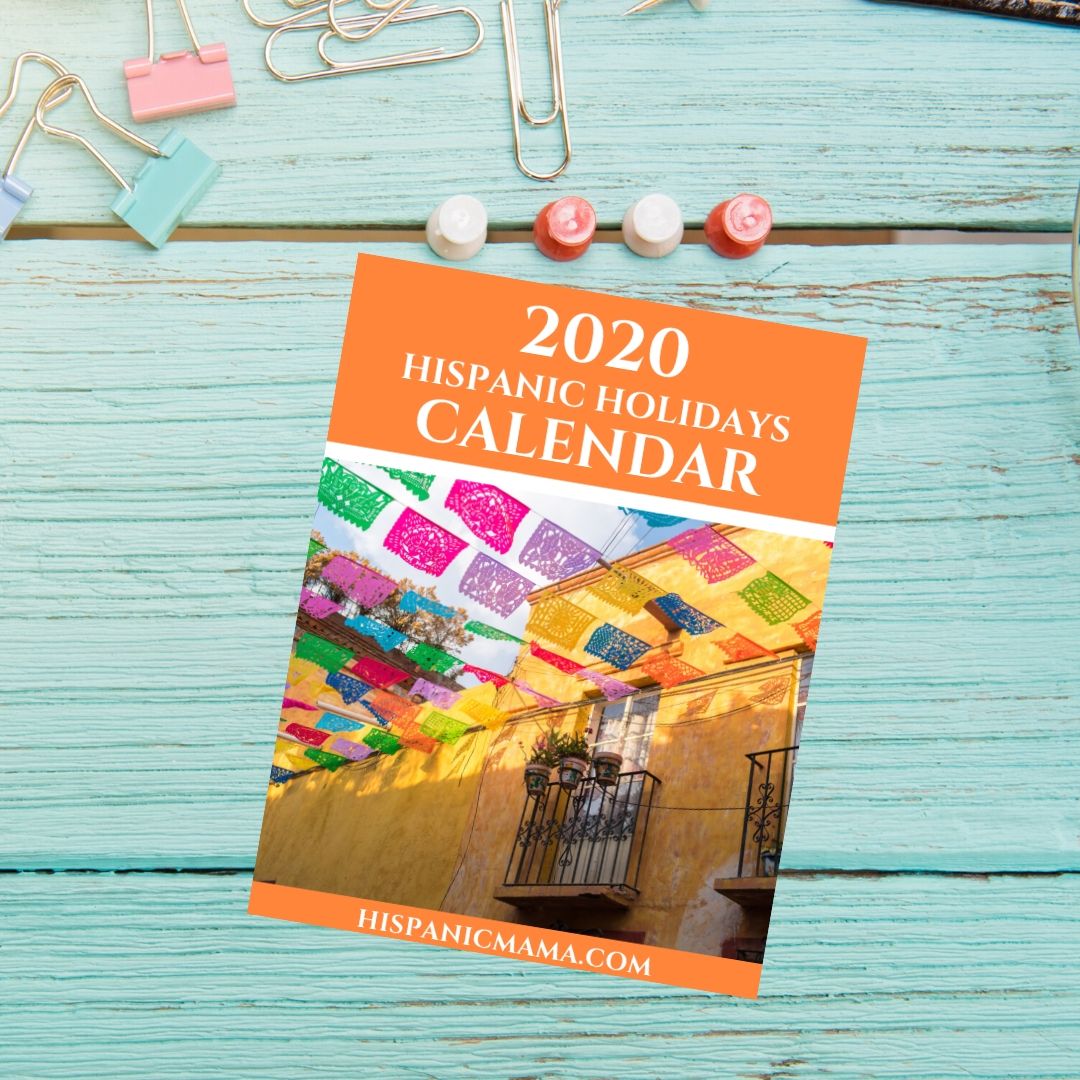[Are you new in town? This is everything you need to know about the Latinos in Utah and the resources available for our familias.]
I am back in the Beehive State after living for about a decade in North Carolina. Although I lived three years in Utah in the late 2000’s (I even became a mom while living here), Utah feels new.
It’s a new Utah in many things. For example, the farms that I remember seeing on my way to Provo by the freeway exits have been replaced with high-tech buildings. (Heck, they even call it Silicon Slopes!) I also noticed that a few small businesses like the place where I got my haircuts have been replaced with other new businesses.
This is all normal. It has been 10 years. It makes sense that it’s a different Utah than the one I remember. After all, I am also a different Linda. I am very excited to make this place my home, again.
Latinos in Utah
As a proud Latina mom living in Utah, I’ve witnessed firsthand the growing influence and contributions of the Latino community here. From our rich cultural traditions to our vital economic contributions, Latinos are shaping Utah’s future in exciting ways. Here’s a closer look at our community, its challenges, and why embracing our heritage matters now more than ever.

A Growing, Diverse Population
Latinos make up over 15% of Utah’s population, a number that continues to rise. Many families trace their roots back generations, while others, like mine, are recent arrivals bringing a wealth of cultural diversity. The vibrancy of Latino life is evident in local festivals, businesses, and community organizations that enrich Utah’s cultural landscape.
The story of Latinos in Utah is one of resilience and hope. Families have built businesses, advocated for better education, and fought for immigrant rights. Our presence is felt in every sector—education, healthcare, politics, and beyond—adding a vital thread to Utah’s cultural tapestry.
- 14.4% of Utahns are now Hispanic or Latino, making up the second-largest ethnic group.
- Nearly 1 in 4 Utahns is a racial or ethnic minority. Two-thirds of these children are Hispanic.
- Salt Lake County has the largest minority population at 344,482 or 29.7% of the population, with the
Hispanic population comprising nearly one-third of the minority population.
- Utah was second only to Washington, D.C., in the percentage growth of its non-Hispanic or non-Latino white population, which has risen by 11% since 2010!!!
- The largest groups are Mexican, Spaniard, Salvadoran, Peruvian, Guatemalan, and Puerto Rican.
- We are a young population! The median age of Utah Hispanics/Latinos in 2014 is 23.6 years.
- Hispanics/Latinos are more likely to speak a non-English language at home than any other Utah community, with Spanish being the most spoken language after English.
- And this is super interesting: About 40% of Hispanics/Latinos are foreign-born.
6 Latinx Organizations in Utah That You Should Know

Here are some of the Latinx organizations in Utah that are offering resources and support to the local community.
- Suazo Business Center is a great resource for Latinos owned businesses. From creation to day-to-day operations, their advisors provide services to support you and your business.
- If you are into tech, this is for you! Latinas in Tech is a non-profit organization with the mission to connect, support and empower Latina women working in tech. I know their director and felt her genuine interest to help other Latinas to thrive.
- Comunidades Unidas‘ mission is to empower Latinx to recognize and achieve their own potential and be a positive force for change in the larger community. They offer immigration, health, and other community support services to familias.
- I like a lot The Dream Center at Salt Lake Community College. They work holistically with undocumented students and mixed-status families from college access to graduation and or transfer.
- Latinos in Action offers an asset-based approach to bridging the graduation and opportunity gap for Latino students, working from within the educational system to create positive change.
- Ella Rises inspires Latina youth with hope, confidence, and purpose; to continue their education, become community leaders, and preserve their cultural heritage. My oldest participated in their museum activity a few months ago, and I loved how the owners were truly invested in the girls success.
Economic Impact: The Backbone of Growth
Latinos in Utah contribute billions annually to the state’s economy. From running small businesses to providing essential labor in agriculture, construction, and hospitality, our community is vital. According to a 2022 report from the Kem C. Gardner Policy Institute, Latino-owned businesses in Utah have grown by over 78% in the last decade.
Organizations like the Utah Hispanic Chamber of Commerce offer resources for Latino entrepreneurs, helping them thrive. By supporting these businesses, you’re not just investing in individuals; you’re strengthening our entire state’s economy.
Cultural Contributions: Preserving Traditions
Utah’s Latino community proudly preserves its heritage through music, dance, and food. Festivals like Fiestas Patriasand Día de los Muertos are not just celebrations—they’re a testament to our enduring connection to our roots. I find joy in teaching my kids villancicos I grew up singing in Guayaquil, bringing a piece of Ecuador into our Utah home.
Local organizations, such as Artes de México en Utah, provide incredible opportunities to engage with Latino arts and culture. These events create bridges between communities, fostering understanding and unity.
Challenges: Breaking Barriers Together
Despite our growth, Latinos in Utah face significant challenges, including language barriers, lack of access to healthcare, and systemic inequities in education. For immigrant families, navigating these systems can be overwhelming.
However, the strength of our community shines through in adversity. Nonprofits like Comunidades Unidas and MomsRising’s MamásConPoder are stepping up, offering resources to Latino families in areas like health, education, and advocacy. Through these organizations, families are empowered to raise their voices and demand change.
Moving Forward Together
Living in Utah as a Latina has been a journey of both pride and perseverance. I’ve seen how community support can transform lives and how sharing our stories can create a ripple effect of understanding and empathy.
Let’s celebrate the contributions of Latinos in Utah by continuing to uplift each other, advocate for equitable opportunities, and preserve our rich cultural heritage. Whether through supporting local businesses, attending cultural events, or volunteering with community organizations, there’s a place for everyone in this vibrant story.
Our heritage is our strength. Let’s make sure it continues to shine bright in Utah for generations to come.





